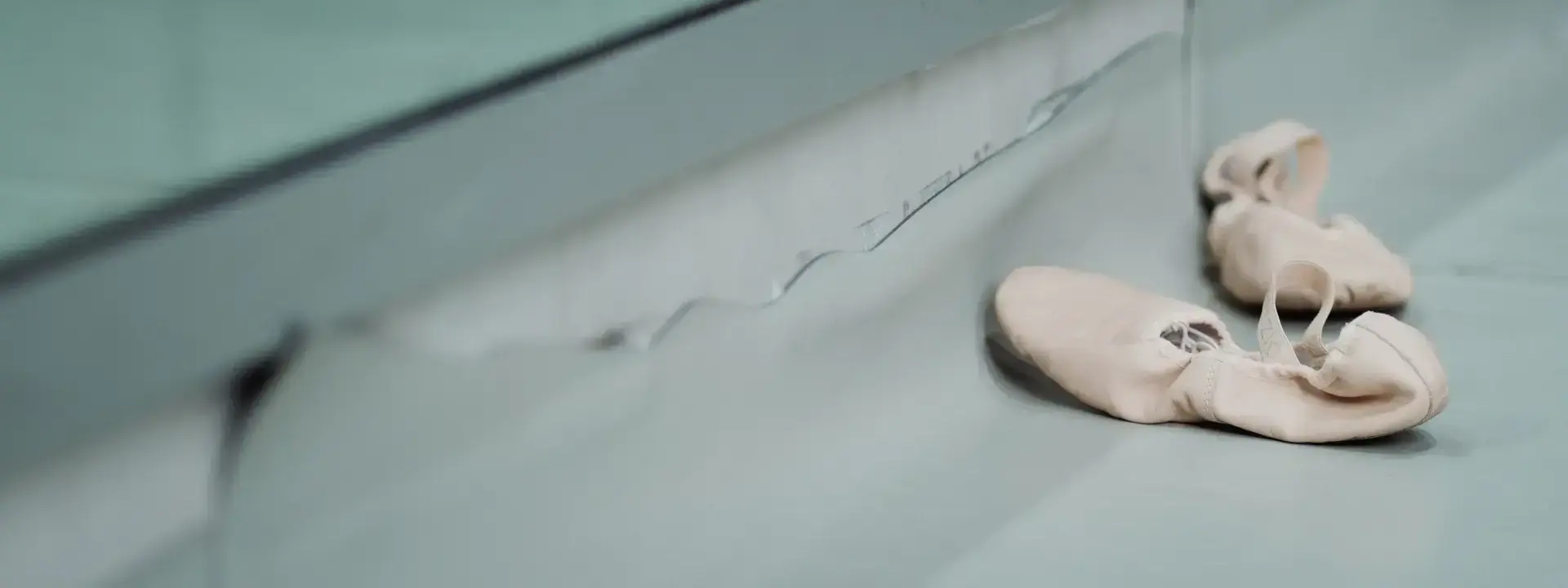
Prop Maker Job Description
What is a Prop Maker Professional?
A prop maker is someone who makes props for use in movies, television, theater, or other performance settings. Prop makers create both small and large-scale props, including furniture, weapons, and vehicles. They may also be responsible for maintaining and storing the props once they have been created. Prop making is a creative process that requires a variety of skillsets. Prop makers must be able to conceptualize ideas and then bring them to life using a variety of materials.
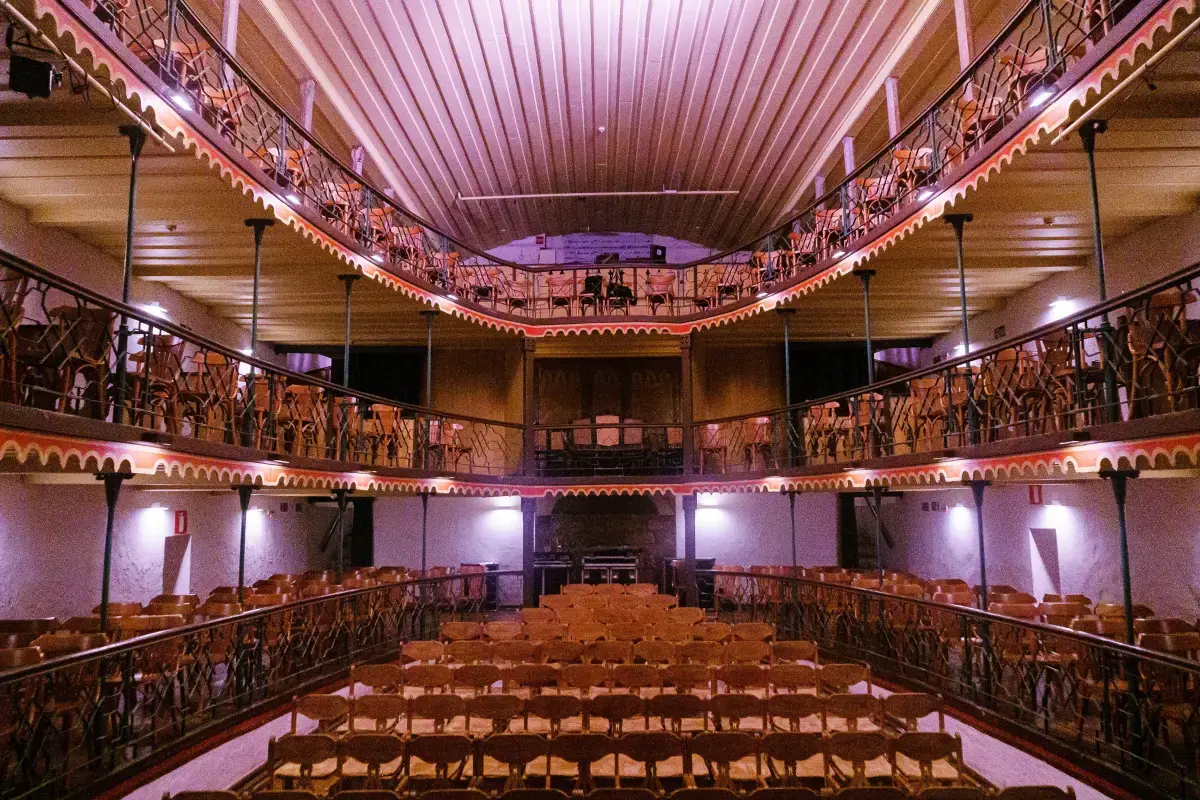
What does a Prop Maker Expert do?
They must be adept at sculpting, carving, molding, and casting techniques. In addition, prop makers need to understand how to work with different types of fabrics and finishes. The role of a prop maker can vary depending on the size and scope of the project. For small productions, a prop maker may be responsible for creating all of the props needed. On larger projects, there may be multiple prop makers working together as part of a team. In either case, it is important for prop makers to be able to communicate effectively with other members of the production in order to ensure that all of the props are made according to plan.

What are the Skills of a Prop Maker?
A prop maker is someone who designs and creates props for use in theatre, film, television and other productions. They may also be responsible for sourcing or making props themselves. Props are often small items which are used to add realism to a production or help with the telling of a story. Common examples include furniture, luggage, computers, books, bottles and glasses. The job of a prop maker is to ensure that all the required props are available for each scene in a production. They will liaise with the production designer and director to establish what is needed and then source or make the items themselves. Prop makers need to have good creative flair as they need to be able to visualise how each prop will look on screen or onstage. They should also be practical minded as they need to be able to make their own creations if necessary. Good problem solving skills are essential as there may be times when something needs adapting or altering at short notice.

What makes an Expert Prop Maker?
Some prop makers specialise in particular types of props such as those made from period materials or those which require specialist knowledge such as medical equipment. Others work exclusively on model making or special effects props. Whatever their area of expertise, all prop makers share the same responsibility – ensuring that every element contributes towards bringing the production alive for audiences around the world.
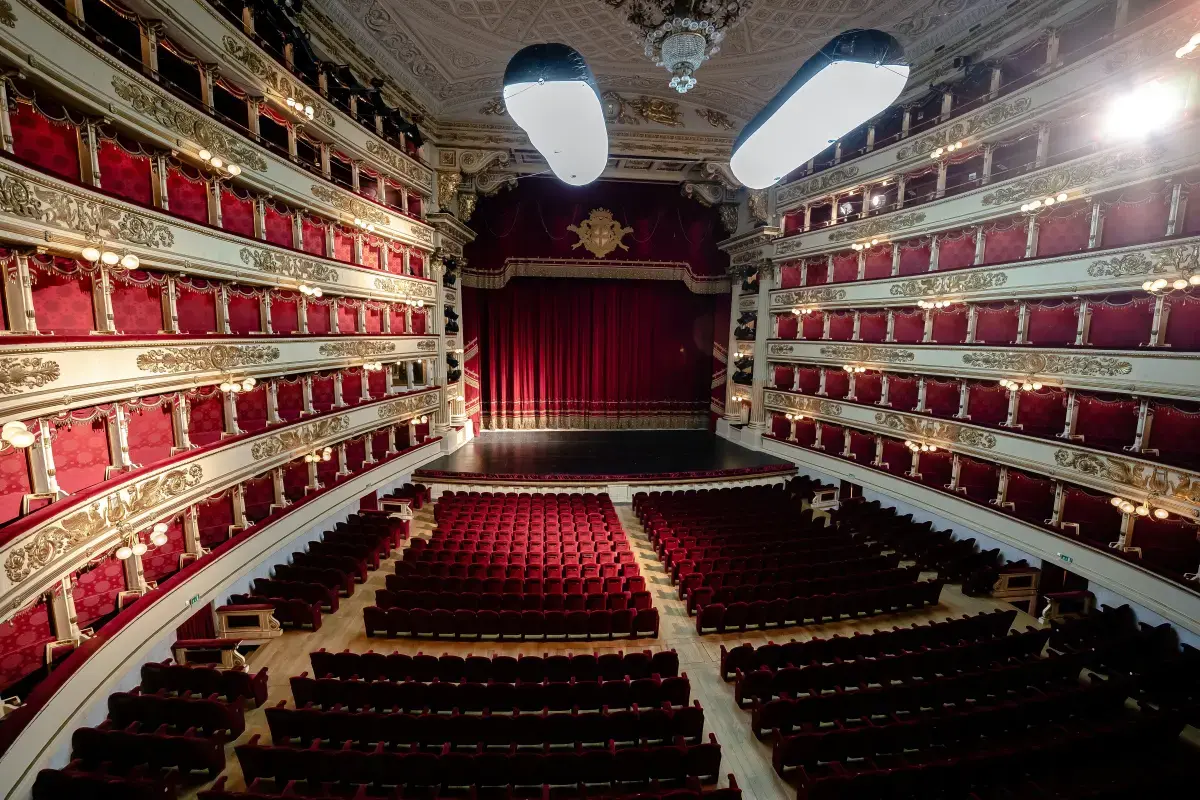
What level of Experience & Qualifications are required to be a Prop Maker?
Industry Experience: 1. At least 5 years of experience in the prop making industry, including working with a variety of materials and techniques. 2. Knowledge of safety protocols and procedures for handling hazardous materials and tools. 3. Ability to work independently or as part of a team to create props for film, television, theater, or other productions. 4. Understanding of production timelines and budgets to ensure projects are completed on time and within budget constraints. 5. Familiarity with CAD software programs such as SolidWorks or AutoCAD for creating 3D models from concept drawings or sketches provided by clients or directors/producers. 6. Ability to read technical drawings accurately and interpret them into physical objects using various fabrication methods such as woodworking, metalworking, molding/casting, etc.. Training: 1. Completion of an apprenticeship program in prop making is highly recommended but not required depending on the level of experience already held by the individual applicant seeking employment in this field (this may include attending workshops related to prop making). 2. Participation in seminars related to prop making techniques is also beneficial for staying up-to-date on new technologies used in the industry (such as 3D printing). Qualifications: 1. A portfolio demonstrating previous work is essential when applying for jobs in this field; it should showcase creativity while also displaying technical proficiency with various fabrication methods used in prop making (woodworking, metalworking, molding/casting etc.). 2. Demonstrated ability to think critically about design challenges presented by clients or directors/producers while providing creative solutions that meet their needs within given parameters (timeframe & budget). Education: 1 Bachelor’s degree from an accredited college/university preferably focused on art & design disciplines such as sculpture, industrial design, architecture etc., although any degree can be beneficial if supplemented with relevant experience & training specific to the field of prop making
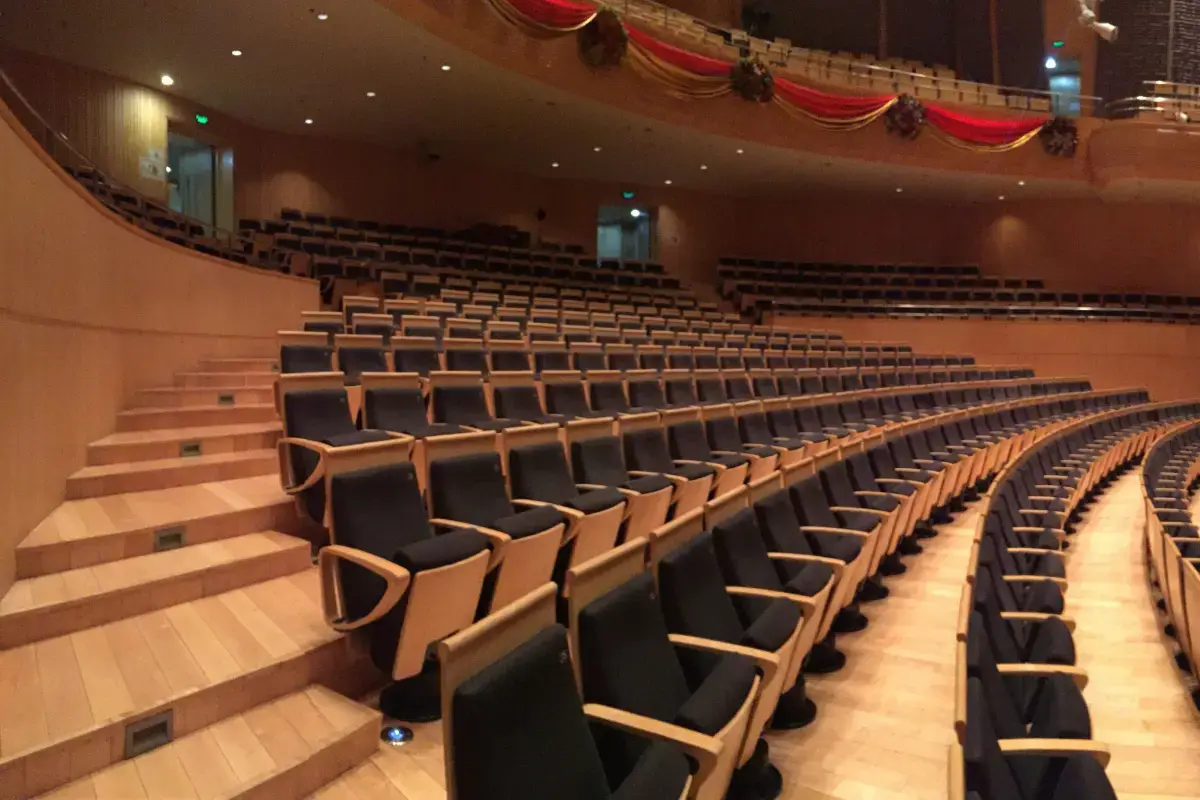
What is the Salary of a Prop Maker?
The salary expectations of a prop maker can vary greatly depending on experience, location, and the type of props being made. For junior level prop makers, salaries typically range from $25,000 to $35,000 per year. These positions may involve working with basic materials such as wood and foam to create simple props for film or theater productions. Junior prop makers may also be responsible for painting and finishing props as well as helping with set design. Mid-level prop makers usually earn between $40,000 and $60,000 annually. At this level they are expected to have more advanced skills in creating complex props using a variety of materials including metal and plastics. They may also be responsible for designing custom pieces or repairing existing ones. Senior level prop makers can expect to make anywhere from $65,000 to over $100,000 per year depending on their experience and the complexity of the projects they work on. Senior prop makers are expected to have extensive knowledge in all aspects of creating props including sculpting techniques and fabrication processes such as welding or casting metals. They should also be able to work independently without supervision while still meeting deadlines set by production teams.

What are the Working Conditions for a Prop Maker?
Prop makers typically work in a variety of settings, including film and television studios, theater stages, museums, and other venues. They may also work from home or in a workshop. The job requires physical labor as well as creativity. Prop makers must be able to lift heavy objects and use tools such as saws, drills, sanders, and paint guns. They must also have an eye for detail when constructing props from sketches or photographs. Prop makers often work long hours depending on the project they are working on. They may need to stay late into the night to finish a prop before filming begins the next day. Additionally, they may need to travel for their job if they are working on location shoots or at different venues around the country or world. Prop makers should expect to work with tight deadlines and under pressure since props often need to be completed quickly for production purposes. It is important that prop makers remain organized so that all materials needed for each project can be easily located when needed. Finally, prop makers should have excellent communication skills since they will likely interact with directors and producers throughout their projects in order to ensure that all props meet expectations and deadlines are met.

What are the roles and responsibilities of a Prop Maker?
Creating and designing props according to specifications provided by the production designer or art director
brought in elements or fabricated them entirely in-house
Attending production meetings to get a sense of what is required for each scene
Responsible for the health and safety of all cast and crew members when working with potentially dangerous materials
sourcing materials and keeping within budget
Building props using various techniques such as carpentry, upholstery, sculpting etc
liaising with other departments to ensure that props are ready on time and meet any specific requirements
Maintaining prop storage areas tidy and organised at all times
Tracking Prop Expenditures against the Production Budget
.RETURNING unused/unneeded PROPS back to their originalVendor (after strike) OR breaking them down for recycling/disposal
.Ensuring that all breakable items are safely wrapped and transported
maintaining accurate records of all inventory
shopping for new supplies as needed
updating supervisor on status of projects
evaluating completed work against design standards
repairing damaged or broken props
assembling small set pieces
providing support during load-in
conducting Research on requested Props
organizing PROP shop area
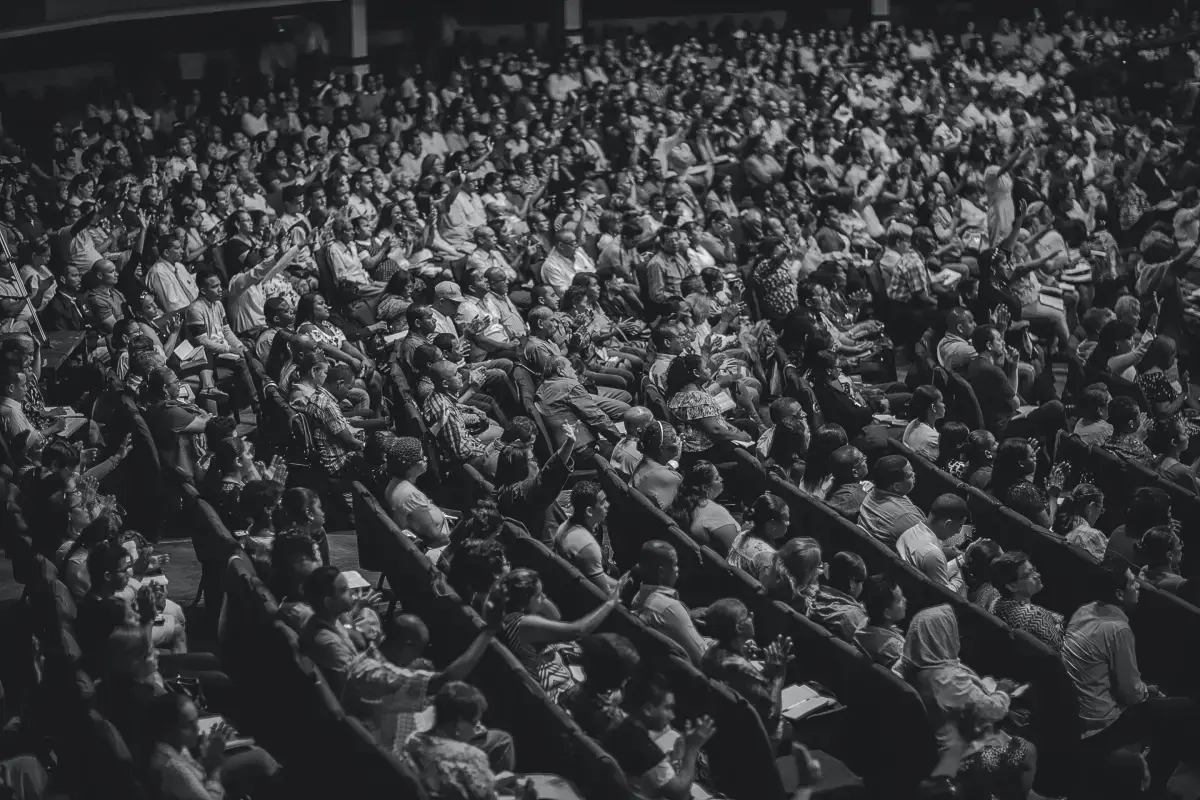
Where can I find Prop Maker jobs?
- Create a profile on gigexchange and promote your Prop Maker skills to advertise you are Open to New Work Opportunities
- Ensure your Resume (or CV), or online work profile is up to date and represents your skills and experience. Ensure your reputation reflects your ability & attitude.
- Apply for Prop Maker Jobs advertised on gigexchange.
- Practise Prop Maker interview techniques to ensure you represent your personality and ability succinctly and confidently.
- Accept the job offer if the salary meets your expectations and the employer mission and purpose reflects your core values.
Jobs
What are the best job boards for Theatre Carpenter jobs?

How can I hire Prop Maker staff online for my business?
The best job board for recruiting Prop Maker experts is gigexchange.com. Advertise full-time, part-time or contract jobs to find, hire & recruit trusted, experienced and talented Prop Maker candidates near you.
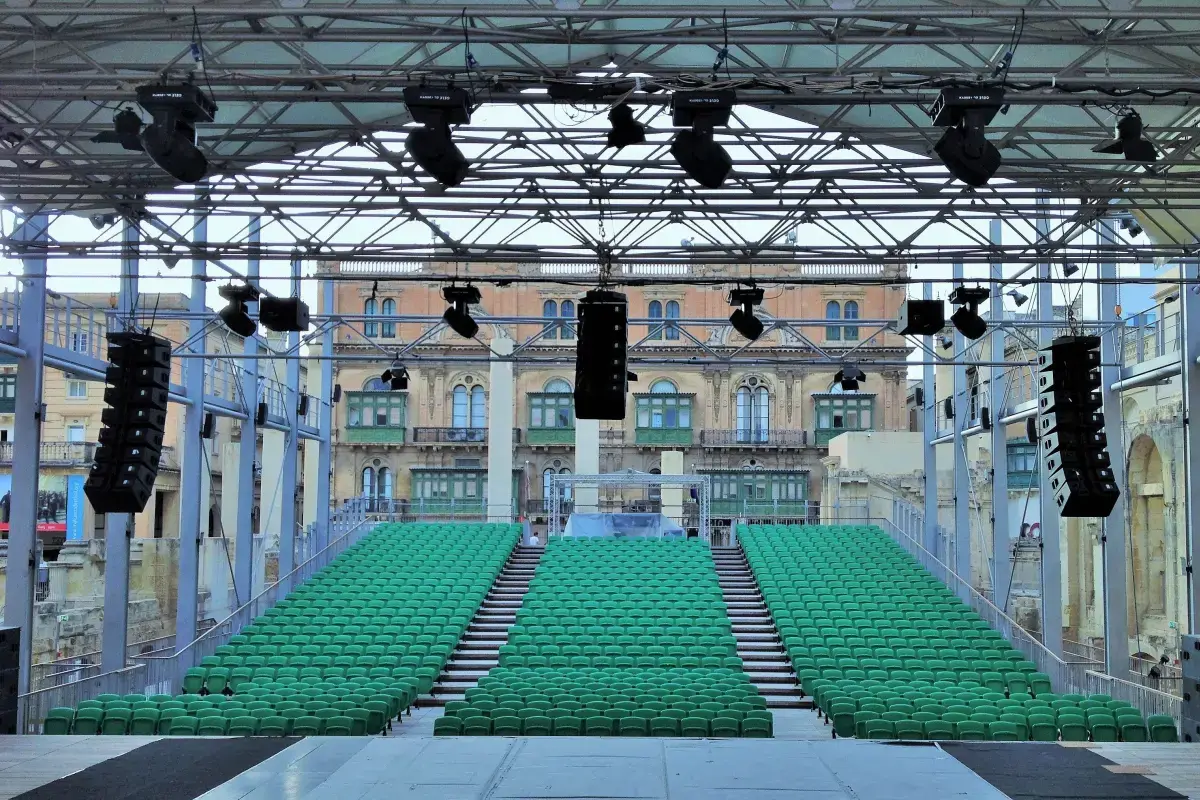
Are Prop Maker roles in demand in 2026?
Prop Maker experts are still in high demand in 2026. If you are an experienced Prop Maker or looking to train and become one. The job market is looking strong for Prop Maker jobs near me.